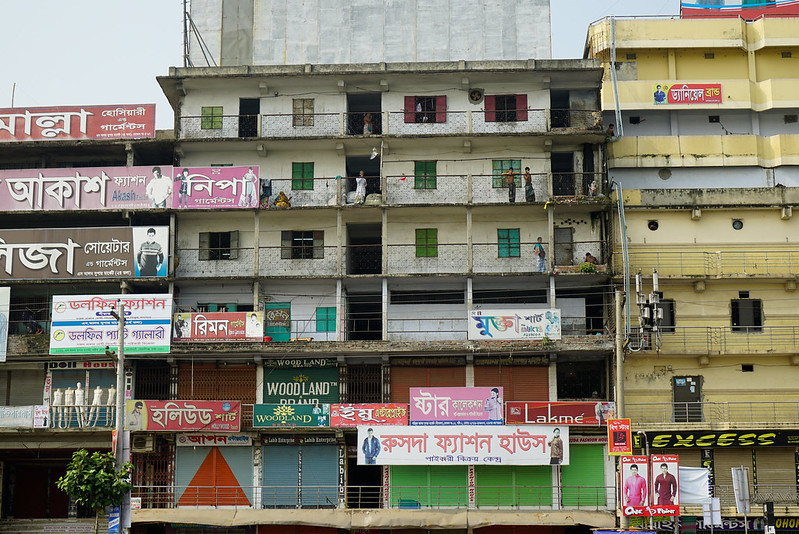Dhaka-based renewables developer Joules Power Limited will install Bangladesh’s largest industrial solar rooftop – a 3.1 MW system in the Narayanganj district near the capital.
The 33,000m2 array will cover multiple buildings owned by textile company Robintex Group, which will buy the electricity generated by the system from Joules Power under a 20-year rooftop leasing arrangement. Robintex is expected to procure around a third of its power needs from the $1.7 million solar rooftop, for $0.077/kWh. The system will be grid connected and eligible for net metering for excess power exported to the grid.
Indian company Mahindra Susten will undertake its first PV project in Bangladesh by providing engineering, procurement and construction services on the project.
Joules Power
“We are extremely proud to be engaged with Robintex towards their endeavors for sustainable production, which will enhance the made-in-Bangladesh brand and also take the country forward in achieving its sustainable development goals,” said Joules Power MD Nuher L Khan after signing the deal on Sunday.
Joules Power claims to be the largest solar power producer in Bangladesh after a 20MWac generation-capacity system came online in September 2018. The developer. which has also installed solar lighting in Teknaf, in the Cox’s Bazar district, aims to install 30 MW of rooftop PV by next year and develop several utility scale, ground-mounted projects, Khan told pv magazine.
“Apart from the importance in [the] environmental perspective, the rooftop solar is also cheap in [a] financial point of view,” said Robin Razon Sakhawat, director of German-Bangladeshi knitwear company Robintex. “The solar power helps keep our factory’s production cost stable.”
Potential
“So far we are the largest solar rooftop project owner. There are thousands of factories in Bangladesh [with] rooftops … which can be used to generate solar power generation,” he told pv magazine.
Mahindra Susten country manager Siddharth Rana said rooftop solar has immense potential in Bangladesh because of land scarcity, adding: “Its demand will never come down, because of power needs.”
“Fossil-fuel generated power prices are increasing over the year but the solar power production cost is going down,” Rana told pv magazine. “If the factory owners come up with plans to produce power in their building rooftops, they can save a lot.”
More than 12.6 MW of electricity is generated by 843 solar systems under Bangladesh’s net metering regime. The nation boasts 629 MW of renewable energy generation capacity.
This content is protected by copyright and may not be reused. If you want to cooperate with us and would like to reuse some of our content, please contact: editors@pv-magazine.com.



4 comments
By submitting this form you agree to pv magazine using your data for the purposes of publishing your comment.
Your personal data will only be disclosed or otherwise transmitted to third parties for the purposes of spam filtering or if this is necessary for technical maintenance of the website. Any other transfer to third parties will not take place unless this is justified on the basis of applicable data protection regulations or if pv magazine is legally obliged to do so.
You may revoke this consent at any time with effect for the future, in which case your personal data will be deleted immediately. Otherwise, your data will be deleted if pv magazine has processed your request or the purpose of data storage is fulfilled.
Further information on data privacy can be found in our Data Protection Policy.